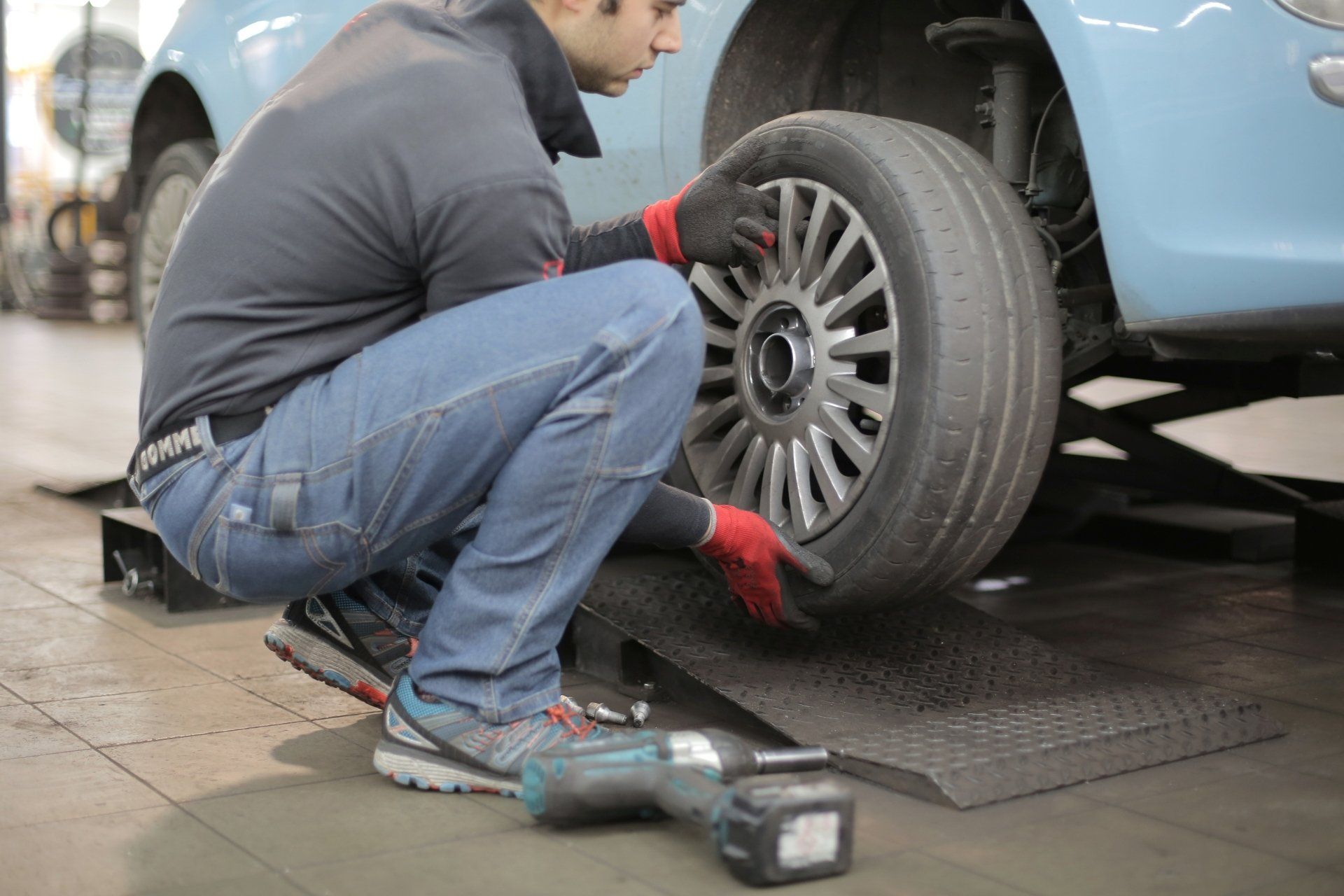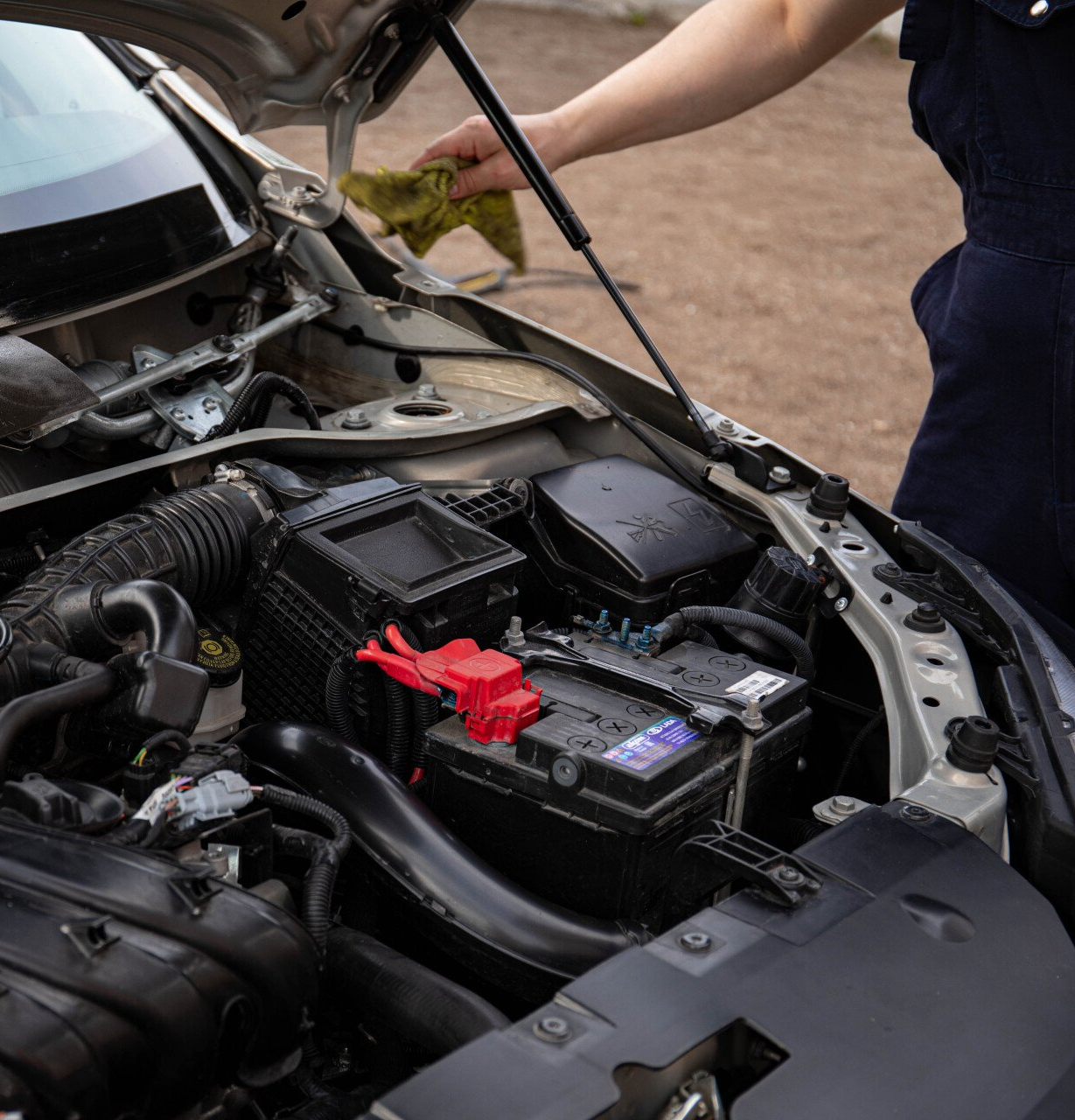Why Is It Important To Change You're Brake Fluid?
Why Is Brake Fluid Important?
Wether you know what brake fluid is or not, its impact can have lasting effects on the vehicle. It's always important to get your brake fluid replaced by a professional because if done incorrectly air pockets can form leading to further issues with the vehicles braking performance. Brake fluid is a hydraulic fluid that transfers the force applied to the brake pedal to the braking system's components. It operates under high temperatures and pressures, ensuring that your vehicle comes to a stop safely and efficiently. Over time, however, brake fluid can become contaminated, leading to performance issues.
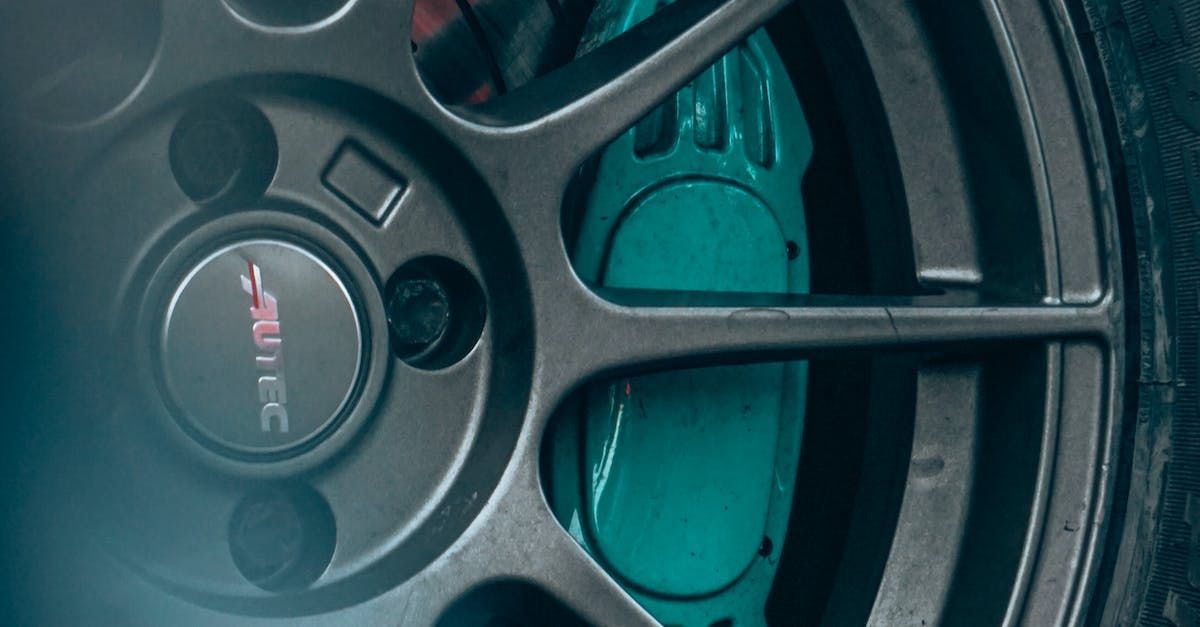
Brake Fluid Contamination:
- Moisture Brake fluid is hygroscopic, meaning it has the ability to absorb moisture from the surrounding air. Over time, moisture can seep into the brake system through small imperfections, such as worn seals or improperly sealed reservoir caps. Moisture-contaminated brake fluid can lead to a decrease in its boiling point, resulting in reduced braking performance.
- Particulate Matter Contaminants like dirt, debris, or metal particles can find their way into the brake fluid, either during the manufacturing process or due to wear and tear of braking components. These foreign particles can affect the fluid's consistency and flow, leading to potential damage to critical brake system components.
- Brake Fluid Additives Sometimes, well-intentioned but incompatible brake fluid additives or sealants are used, which can introduce contaminants into the system. Using additives that are not recommended by the vehicle manufacturer can compromise the integrity of the brake fluid and adversely affect its performance.
- Brake System Component Wear As braking components, such as brake pads, calipers, or rotors, wear down over time, they can release particles or debris into the brake flu id. These worn-off materials can contaminate the fluid, affecting its quality and potentially causing damage to other components within the brake system.

Different Types Of Brake Fluid:
DOT 3 brake fluid is the most common type and is suitable for most everyday vehicles. It has a lower boiling point compared to DOT 4 and DOT 5, making it adequate for standard braking systems. However, it is hygroscopic and tends to absorb moisture over time, which can reduce its boiling point and affect braking performance. Regular replacement is essential to maintain optimal braking efficiency.
DOT 4 brake fluid is an upgrade over DOT 3, offering higher boiling points and improved performance under severe conditions. It is suitable for vehicles with more demanding braking systems, such as those equipped with ABS (anti-lock braking system). DOT 4 brake fluid also has better resistance to moisture absorption, ensuring longer service life and enhanced braking reliability.
DOT 5 brake fluid, commonly known as silicone-based fluid, differs from DOT 3 and DOT 4 as it does not absorb moisture. This characteristic makes it less susceptible to water contamination and reduces the risk of corrosion. It is primarily used in specialized applications, such as vintage and classic cars, as well as in some military vehicles. However, it is important to note that DOT 5 brake fluid is not compatible with ABS systems and should not be mixed with DOT 3 or DOT 4 fluids.
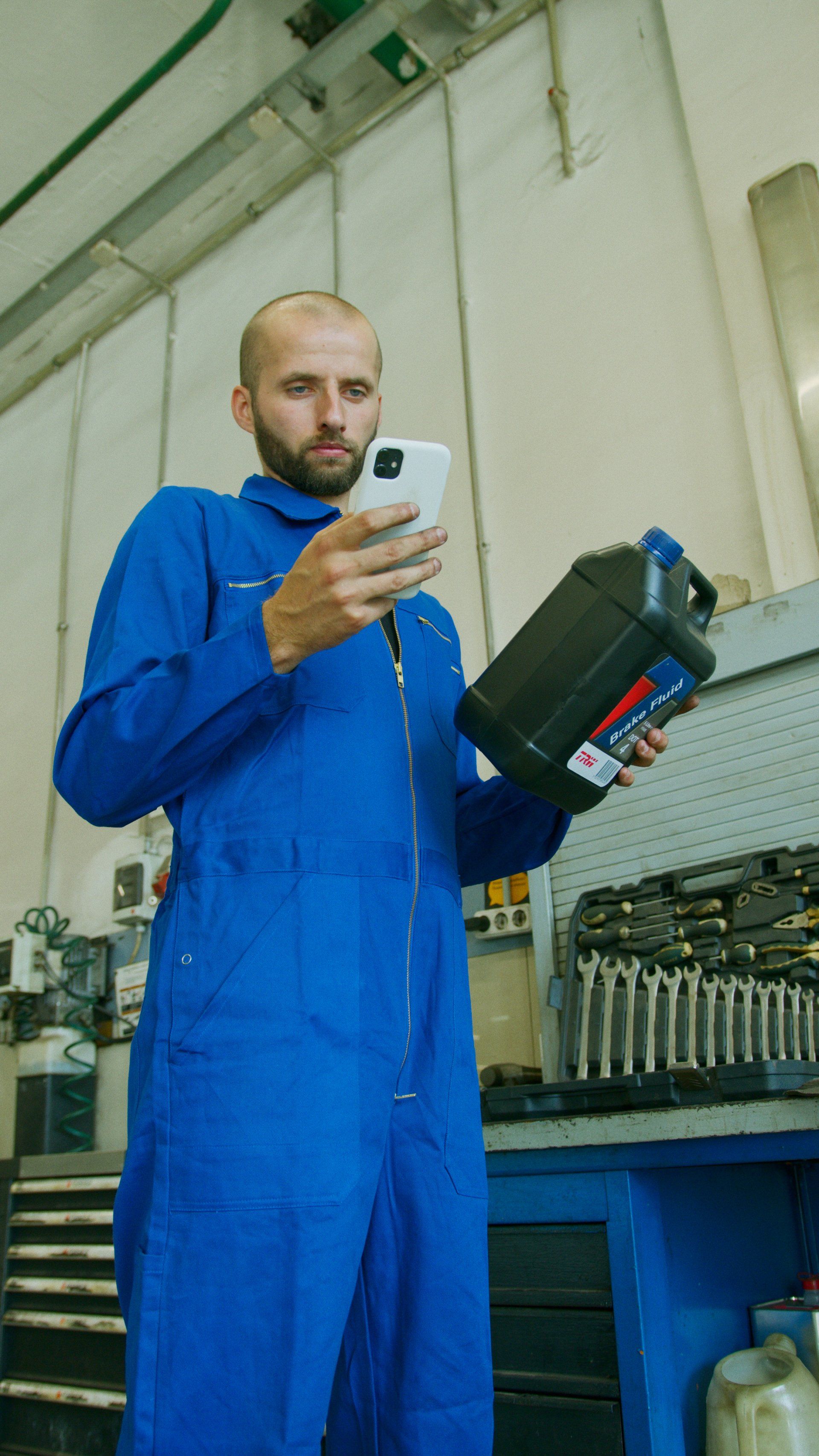
How Brake Fluid Effects The Vehicle:
Brake fluid is a fundamental component often overlooked in vehicle maintenance, but its impact on braking performance and safety cannot be understated. In this blog post, we will explore why brake fluid is crucial for reliable braking and highlight the importance of regular maintenance.
- Hydraulic Force Transmission
Brake fluid serves as the medium for transmitting hydraulic force from the brake pedal to the braking system, ensuring effective stopping power when you need it.
- Heat Dissipation and Stability
During braking, heat is generated due to friction. Brake fluid plays a vital role in dissipating this heat, preventing overheating of the braking system and ensuring consistent performance, even under demanding conditions.
- Moisture Control and Corrosion Prevention
Brake fluid is designed to control moisture, as it can be absorbed over time. Regularly changing the brake fluid helps prevent moisture buildup, reducing the risk of corrosion in critical brake components and maintaining system integrity.
- Lubrication and Component Protection
Brake fluid acts as a lubricant, minimizing friction and wear between moving parts in the braking system. Proper lubrication ensures smooth operation, extends the lifespan of brake components, and reduces the chances of brake system failures.
- System Compatibility and Sealing
Using the appropriate brake fluid recommended by the vehicle manufacturer ensures compatibility with braking system materials, such as seals and hoses. This promotes reliable sealing, preventing leaks and ensuring optimal braking performance.

FAQ - Frequently Asked Questions
- What is brake fluid, and what does it do?
Brake fluid is a specialized hydraulic fluid that plays a crucial role in the operation of a vehicle's braking system. It transmits hydraulic pressure from the brake pedal to the brake components, allowing the vehicle to slow down and stop effectively.
- Why is brake fluid important?
Brake fluid is essential for safe and reliable braking performance. It ensures that the force applied to the brake pedal is transferred evenly to the braking system, allowing for effective stopping power. Brake fluid also helps dissipate heat generated during braking and provides lubrication to moving components, preventing excessive wear and maintaining the integrity of the braking system.
- How often should brake fluid be changed?
Brake fluid should be changed periodically to maintain its effectiveness. The recommended interval for brake fluid change varies depending on the vehicle manufacturer and driving conditions. As a general guideline, it is often recommended to change brake fluid every 2 to 3 years or as specified in the vehicle's owner's manual.
- What happens if brake fluid is not changed regularly?
If brake fluid is not changed regularly, it can become contaminated with moisture, debris, and other impurities. This can lead to a decrease in its boiling point, reduced braking performance, and potential damage to critical brake system components. Contaminated brake fluid can also contribute to accelerated corrosion within the braking system.
- How can I check the condition of my brake fluid?
Brake fluid can be visually inspected by locating the brake fluid reservoir under the hood of your vehicle. Ensure that the reservoir is clean and free of debris. Additionally, you can use a brake fluid tester or consult a professional mechanic to determine the moisture content and condition of the fluid.
- Can I mix different types of brake fluid?
It is generally not recommended to mix different types of brake fluid unless specified by the vehicle manufacturer. Brake fluid types, such as DOT 3, DOT 4, and DOT 5, have different compositions and mixing them can lead to unpredictable chemical reactions and potential damage to the braking system. It is best to consult the vehicle's owner's manual or seek professional advice before adding or changing brake fluid types.
- Can I change the brake fluid myself?
While it is possible to change brake fluid yourself, it requires proper knowledge and tools. Brake fluid replacement often involves bleeding the brake system to remove air pockets. If you are not familiar with the process, it is recommended to have a qualified technician perform the task to ensure proper fluid replacement and brake system function.
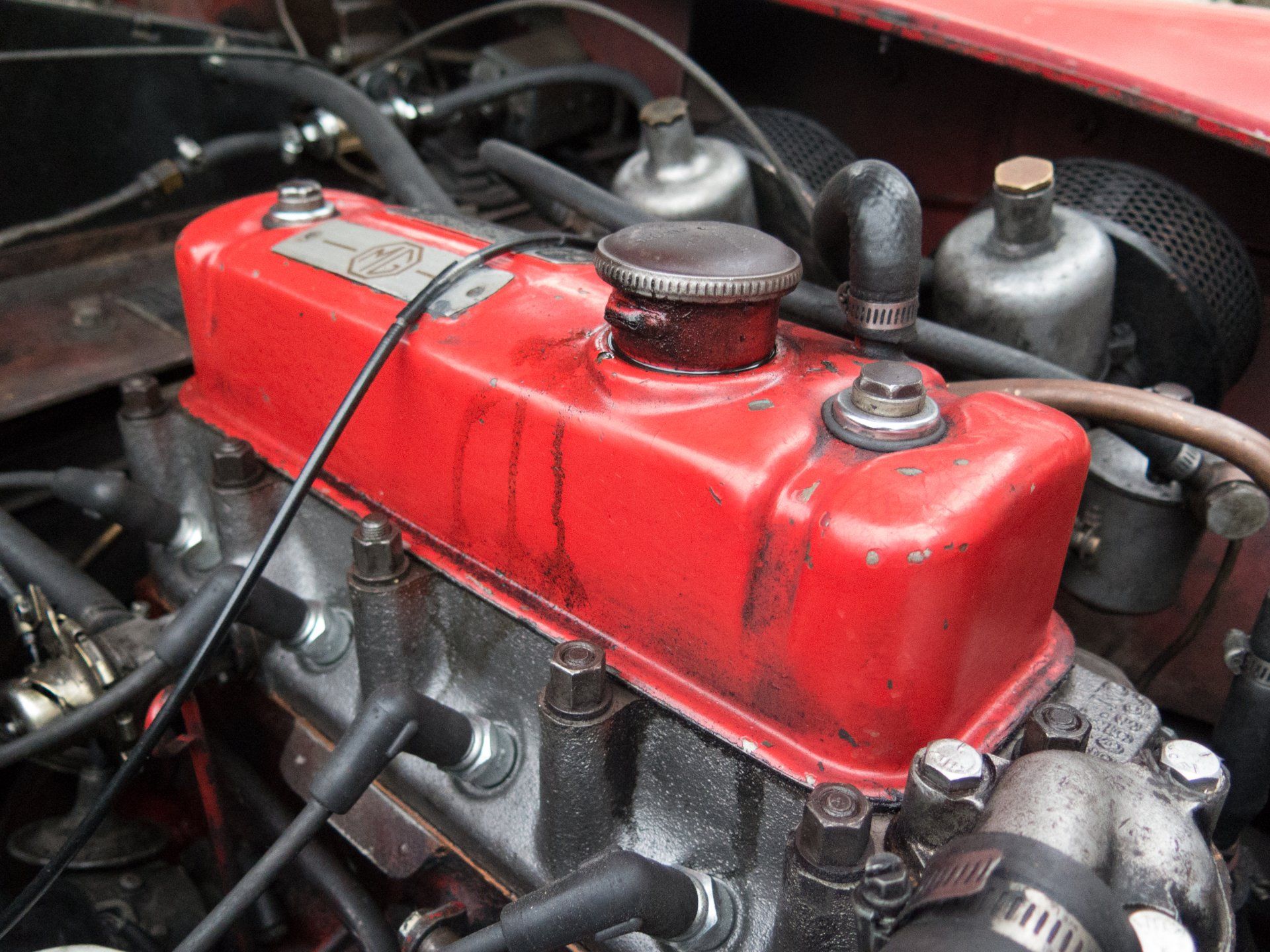
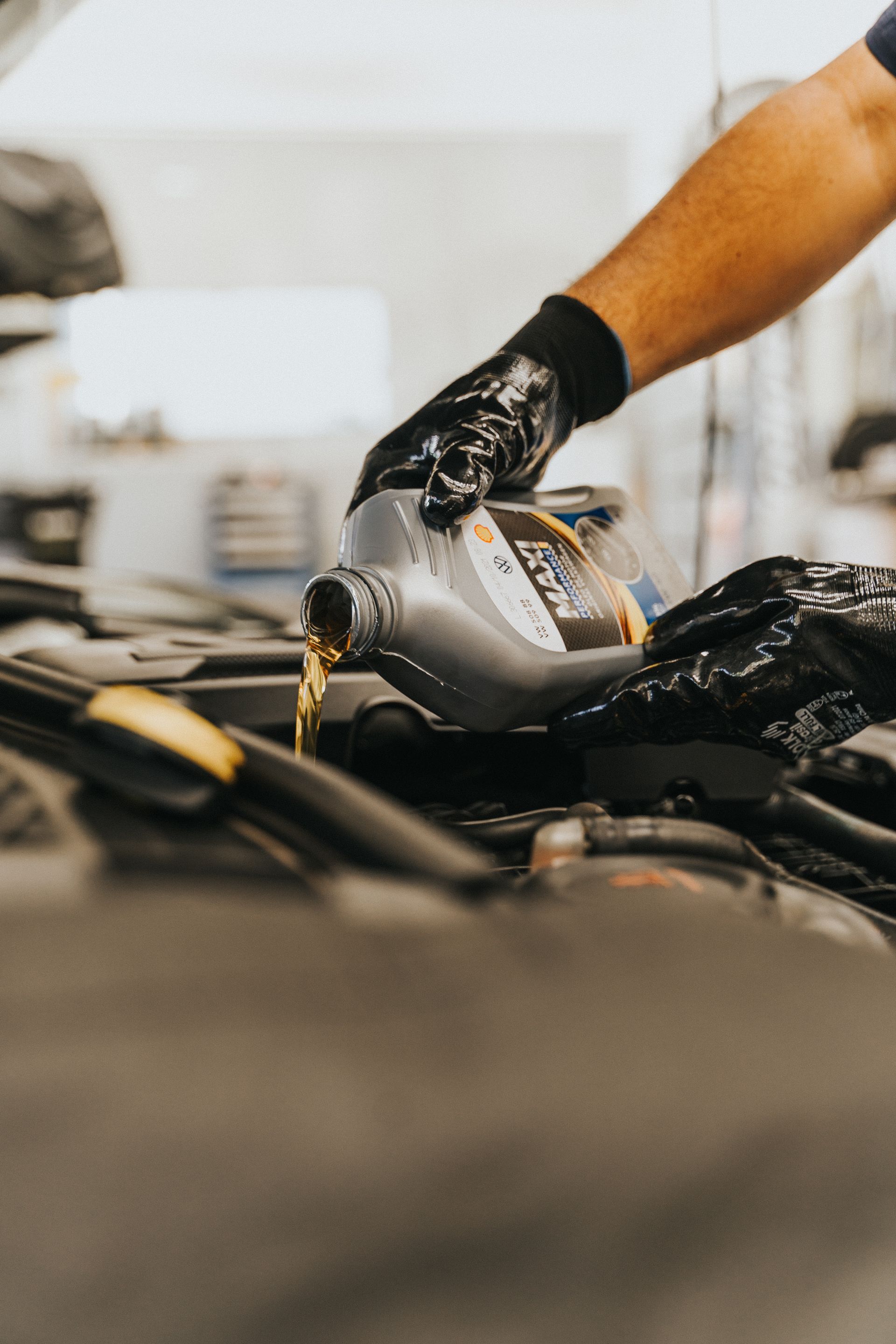
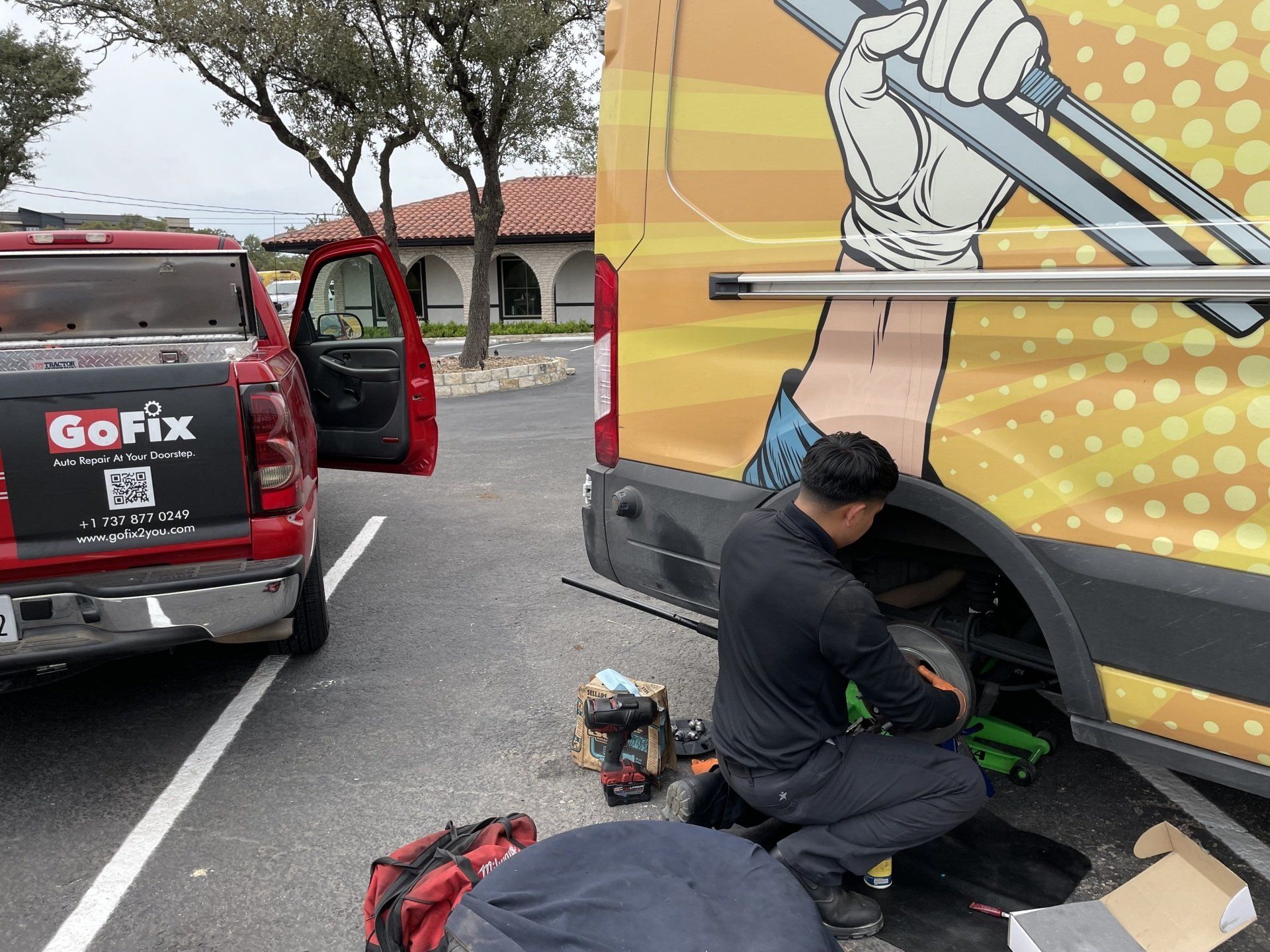
Contact Us
Phone: (866) GOFIX2U
Email: support@gofix2you.com
Helpful Links
All Rights Reserved | By KSZEN




